Powerful states can maintain themselves only by crime, little states are virtuous only by weakness
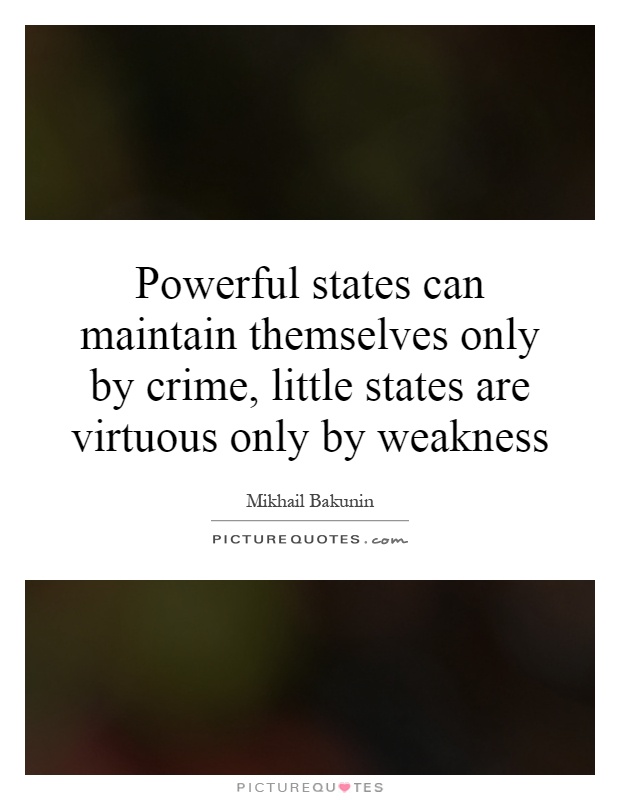
Powerful states can maintain themselves only by crime, little states are virtuous only by weakness
Mikhail Bakunin, a Russian revolutionary and anarchist thinker, was a staunch critic of powerful states and their use of violence and coercion to maintain their dominance. He believed that powerful states could only sustain themselves through criminal acts, such as war, oppression, and exploitation of their own citizens and other nations. Bakunin argued that the very nature of power corrupts those who wield it, leading them to commit immoral and unjust actions in order to maintain their control.In Bakunin's view, powerful states are inherently corrupt and oppressive, as they rely on violence and coercion to maintain their authority. He believed that the ruling elite in these states would stop at nothing to protect their power and privilege, even if it meant committing crimes against humanity. Bakunin saw the state as a tool of domination and exploitation, used by the ruling class to subjugate the masses and maintain their own wealth and power.
On the other hand, Bakunin believed that smaller, weaker states had the potential to be more virtuous and just. He argued that smaller states were less likely to engage in aggressive acts of violence and oppression, as they lacked the resources and capabilities of larger states. Bakunin believed that smaller states were more likely to prioritize the well-being of their citizens and promote equality and justice within their borders.
However, Bakunin also recognized that smaller states were vulnerable to external threats and manipulation by larger, more powerful states. He believed that smaller states needed to band together and form alliances in order to protect themselves from aggression and maintain their independence. Bakunin saw the potential for smaller states to create a more just and equitable society, free from the tyranny and corruption of powerful states.
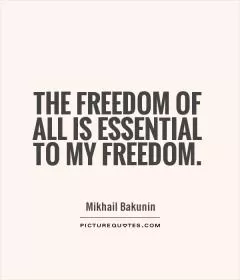

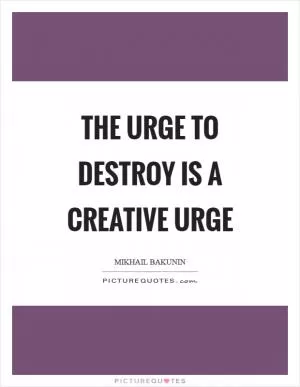
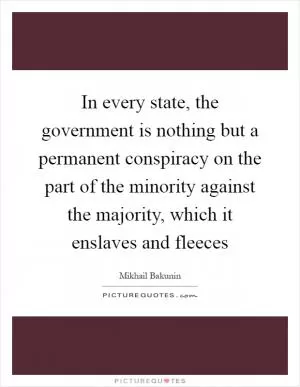
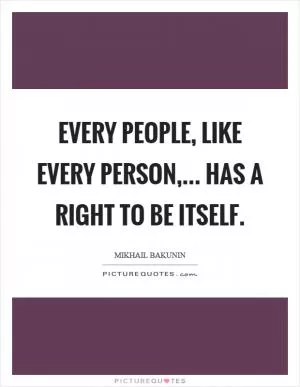
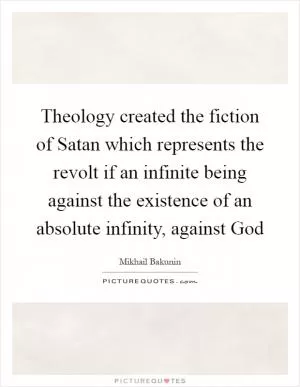
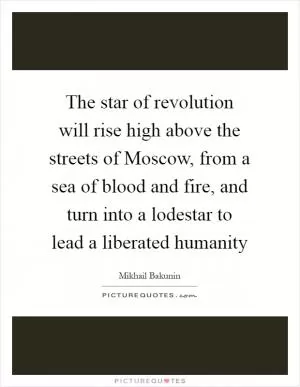
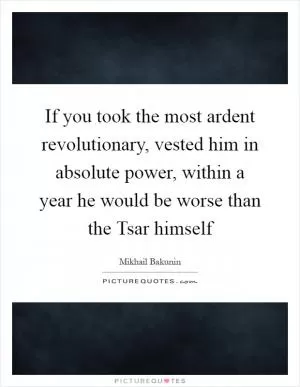
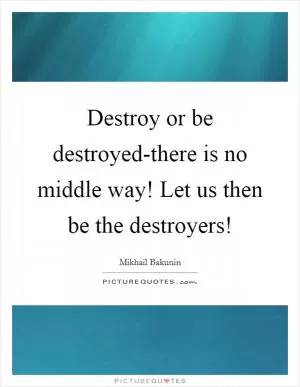
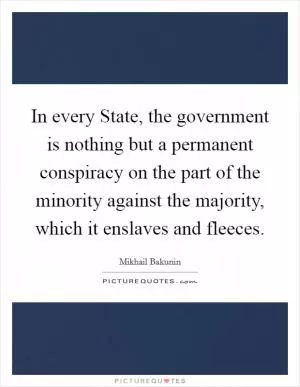
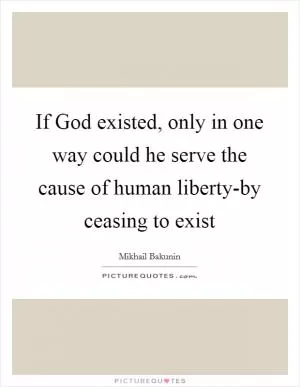
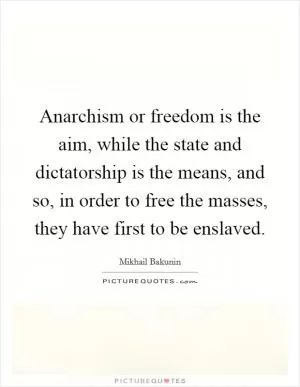
 Friendship Quotes
Friendship Quotes Love Quotes
Love Quotes Life Quotes
Life Quotes Funny Quotes
Funny Quotes Motivational Quotes
Motivational Quotes Inspirational Quotes
Inspirational Quotes